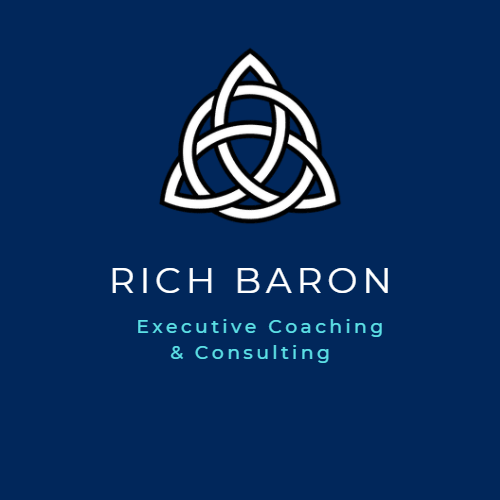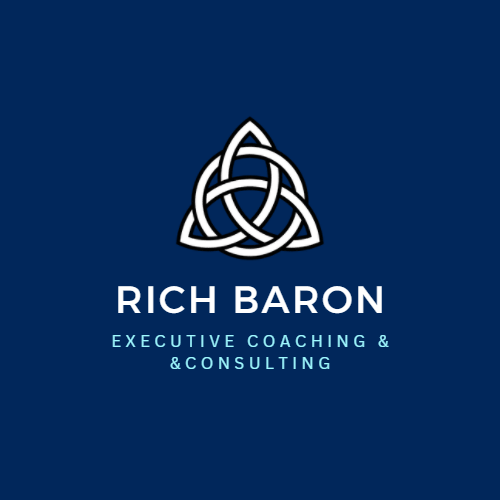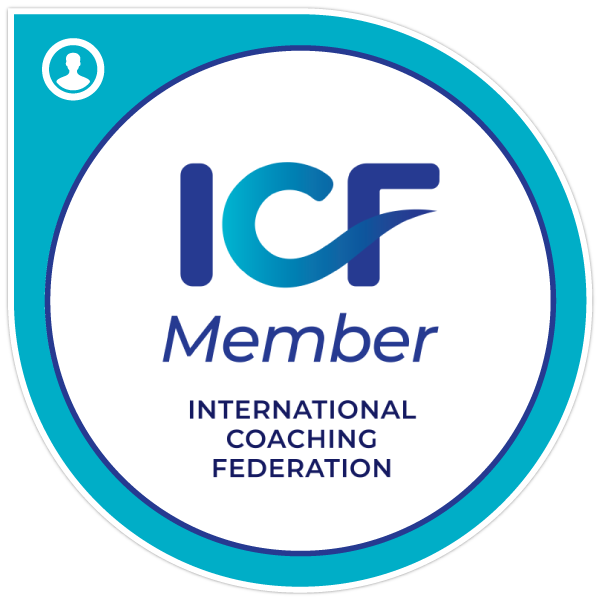Recognizing and Overcoming a Toxic Workplace
Rich Baron • May 17, 2023
The Need for Cultural Transformation Never Ends
Did you know a toxic corporate culture is 10.4 times more powerful than compensation in predicting a company’s attrition rate? Executive leaders are concerned with employee turnover and are admittedly losing their most talented workers. While many assume that salary and compensation are the leading cause of quitting, a recent survey
conducted by MIT Sloan Management Review and Glassdoor reveals some shocking truths about the factors that cause employees to leave. In another recent survey
conducted by the same group, 1.4 million employee reviews were analyzed and then broken out into the top 10 reasons that matter most to employees when it comes to corporate culture:
- Employees must feel respected. In fact, respect for employees is 17.9 times more powerful a predictor of an organizational culture score than the typical topic. Treating employees with dignity, consideration, courtesy and valuing their individual perspectives.
- Supportive Leaders. Employees must believe that you have their backs.
- Living Core Values. Are the leader’s actions consistent with the organization’s core values?
- Toxic Managers. Managers that continually create a negative work environment.
- Unethical Behavior. This is an issue for both leaders and employees that lack integrity and act in unethical manners.
- Benefits. Employees’ assessment of the benefits provided by the employer.
- Perks. Employees’ assessment of the workplace amenities.
- Learning and Development. The opportunities provided by the organization for formal and informal learning. This includes advanced leadership development such as executive coaching.
- Job Security. Fear of losing your job to such things as layoffs, offshoring, and automation.
- Reorganizations. Mergers, acquisitions, and reorganizations were viewed negatively 97% of the time by employees.
Recognizing Culture Breakers
In addition to these ten reasons, other culture breakers such as subversive communications can be a culture breaker as it undermines trust and transparency within the organization. When employees engage in gossip, rumors, and backstabbing, it creates a toxic and negative work environment that hampers collaboration and productivity.
Unhealthy competition can also disrupt the culture of an organization. While healthy competition can drive individuals to excel and achieve their best, an excessively competitive atmosphere can breed a cutthroat mentality where individuals prioritize personal success over teamwork and cooperation. This undermines the sense of unity and collaboration that a strong organizational culture promotes.
Employee favoritism is another detrimental culture breaker. When leaders show preferential treatment to certain employees, it creates a perception of unfairness and can lead to feelings of demotivation, resentment, and a lack of trust. This can negatively impact overall morale and employee happiness, hindering the development of a positive and inclusive culture.
CEOs Must Step Up
CEOs and their leadership teams need to recognize their crucial role in fostering a people-focused culture. By setting a positive example, clearly communicating expectations, and empowering employees, leaders can create an environment that inspires and motivates individuals to perform at their best. Building an effective organizational culture requires a commitment to values such as transparency, open communication, fairness, and inclusivity, all of which should be championed and exemplified by the leadership team.
Leaders must actively promote and reinforce these cultural values through their actions, decisions, and communication. They should ensure that everyone in the organization understands and embraces the desired cultural norms and behaviors. This can be achieved through regular team meetings, training sessions, and by providing resources and support to employees to enable them to embody the desired culture.
Leaders should also be mindful of the impact of their decisions and actions on the culture. They should avoid any actions that may be perceived as favoritism or create an unhealthy competitive environment. Instead, they should foster an environment that values collaboration, open dialogue, and continuous improvement. This can be done by recognizing and rewarding teamwork, providing opportunities for professional development and growth, and encouraging innovation and knowledge sharing.
Assessing the Right Parts of Culture
When assessing and transforming company culture,
you must commit to the 5 C’s of Culture which are:
- Capability Culture (“Can Do”) – leaders must instill values, character, and beliefs that exude a “can do” spirit among employees, showing them what it takes to succeed.
- Commitment Culture (“Will Do”) – leaders must develop a unique culture that motivates and inspires others, instilling the belief that each employee has the power to take risks and add value.
- Connectedness Culture (“Must Do”) – using both cooperation and consensus-building elements, leaders must foster a culture based on teamwork and collaboration, allowing employees to execute at a high level.
- Individual Performance Culture – leaders must foster an environment that is transparent, open, and equitable – where honest feedback is not only welcome but encourages continual improvement; this step demonstrates your willingness to “walk the walk.”
- Team Performance Culture – leaders must create equitable cultures, where every employee’s contribution adds to the collective success of the organization; conflict may arise, but your team will work hard to find a win/win situation.
The need for cultural transformation never ends. In fact, 75% of all organizations flat out fail resulting in eventual decline, failure, or extinction due to the inability to pivot and change in today’s business world. One of the primary reasons for this is the CEOs and their senior leadership teams who were not as diligent as they should have been in developing and transforming their organizational culture.
Wrapping Up
In conclusion, subversive communications, unhealthy competition, and employee favoritism can all have a major impact on company culture. Building an effective organizational culture requires leaders to recognize the importance of their role in crafting and nurturing a people-focused culture that inspires and motivates employees. By actively promoting and reinforcing the desired cultural values, leaders can create an environment where individuals thrive, resulting in increased productivity and long-term success for the organization.
About the Author
Rich Baron holds the esteemed title of Master Certified Intelligent Leadership Executive Coach at John Mattone Global. With a wealth of expertise spanning over 25 years, he has excelled in various realms such as cultural transformation, operational leadership, executive positions, and coaching individuals from emerging leaders to CEOs. Rich co-hosts "Mainline Executive Coaching ACT," a podcast acknowledged by FeedSpot in 2023, and again in 2024 as the foremost Executive Coaching Podcast worldwide. This recognition is based on an evaluation of numerous podcasts on the internet, taking into account factors such as web traffic, social media followers, and timeliness. The podcast enjoys a substantial following in more than 60 countries and 550 cities across the globe.




